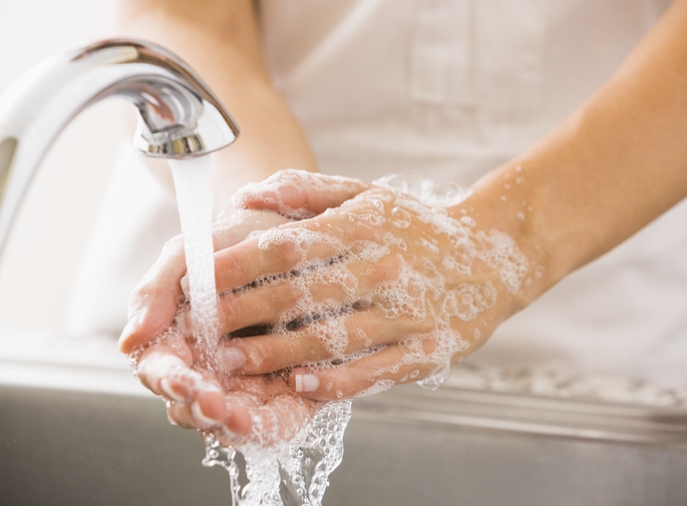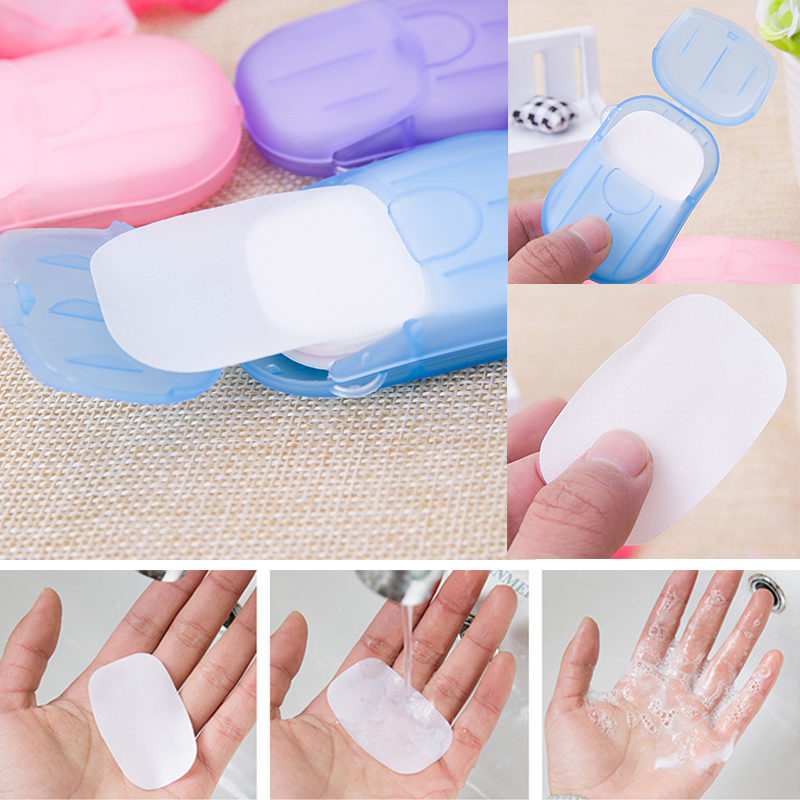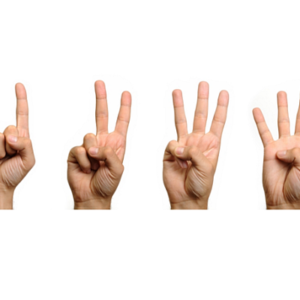How to Reduce Coronavirus Transmission

Wash your hands. Keep a supply of medicines. Get a flu shot.
Federal health officials have warned that the coronavirus is likely to appear in communities in the United States. If it does, what can you do to protect yourself and your family?
Much of the advice from experts is common sense, and not much different from what you would do to dodge the flu or any other respiratory virus.
There is currently no vaccine to prevent the coronavirus. However, the best way to prevent any infection is to avoid being exposed to the virus and to stay up to date with all your vaccinations. Additionally the Center for Disease Control also recommends the following:
Wash your hands
Wash your hands frequently, agrees Dr. Trish Perl, an infectious disease specialist at the University of Texas Southwestern Medical Center. “It’s not super sexy, but it works,” she said.
Here’s how.
During the SARS epidemic — also caused by a corona virus, but one that was much deadlier — hand-washing reduced the risk of transmission by 30 to 50 percent, she said.
Keep convenient disposable soap packs with you for frequent washing.
Go ahead, move away.
Americans often disregard colds and flus, continuing about their ordinary business until the infection worsens. And many people who work in minimum-wage jobs do not get sick days. Sometimes they must work even when ill, despite the fact that they have a lot of contact with the public.
The upshot is that there are often people with symptoms in public places — and without apology, you should put distance between you and them. Try for six feet, but even a little distancing is helpful.
“If you see someone on a bus who is coughing, move away,” said Dr. Stanley Perlman, an infectious disease and coronavirus expert at the University of Iowa.
And do your colleagues a favor if you aren’t feeling well: Stay home from work. Please.
Blog-post excerpts from Gina Kolata, NY Times







